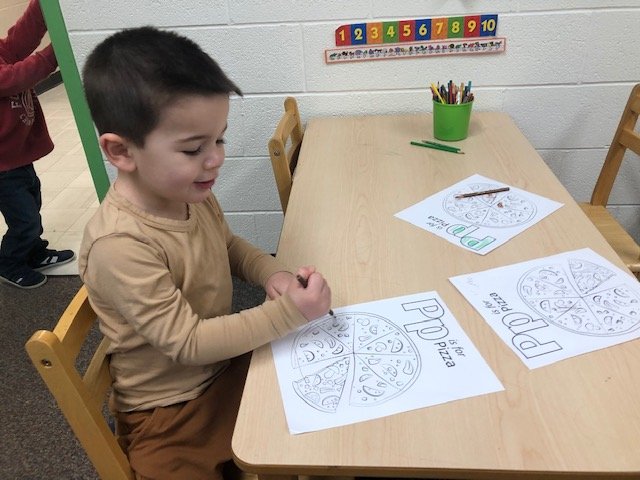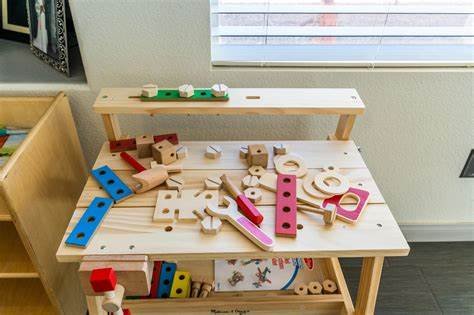Encouraging Self-Care Skills
Teaching preschoolers basic self-care tasks like dressing, brushing teeth, and washing hands promotes independence. These small tasks build responsibility.
Moreover, allowing them to practice daily routines fosters confidence. Celebrate their efforts to motivate them further.
Offering Choices
Providing simple choices empowers preschoolers to make decisions. For instance, let them choose between two outfits or snacks.
This practice nurtures decision-making skills. Furthermore, it shows that their preferences matter, enhancing their self-esteem.
Establishing Predictable Routines
Routines create a sense of stability, helping preschoolers navigate daily activities independently. For example, assign consistent times for meals, play, and sleep.
Additionally, involving them in planning these routines makes them feel responsible. This structure also reduces confusion and stress.
Encouraging Problem-Solving
Allow preschoolers to solve minor problems on their own. For example, if they can’t reach a toy, encourage them to find a solution.
Furthermore, guide them with prompts rather than giving answers immediately. This builds critical thinking and resilience.
Supporting Responsibility Through Chores
Assigning age-appropriate chores fosters accountability. Tasks like tidying toys or setting the table teach children to contribute to their environment.
Additionally, completing chores independently boosts self-worth and a sense of accomplishment.
Promoting Play-Based Learning
Play encourages creativity and decision-making. Activities like building blocks or imaginative games allow preschoolers to explore independently.
Moreover, play teaches problem-solving and adaptability, essential skills for independent thinking.
Offering Encouragement and Patience
Positive reinforcement is key to building independence. Celebrate their achievements, no matter how small, to boost confidence.
Additionally, be patient as they learn new skills. Mistakes are part of the process and provide valuable learning experiences.
Teaching Time Management
Introduce the concept of time through fun activities. Use visual timers or colorful charts to help preschoolers understand routines.
Furthermore, rewarding punctuality or task completion encourages them to manage time effectively, fostering independence.
Allowing Safe Exploration
Preschoolers learn independence through exploration. Create a safe environment where they can try new things without constant supervision.
Additionally, outings like park visits or nature walks encourage curiosity and self-reliance. These experiences build confidence in their abilities.

Encouraging Social Interactions
Socializing with peers helps preschoolers develop independence in group settings. Activities like playdates or group games teach cooperation and problem-solving.
Moreover, interacting with others outside the family nurtures adaptability and social confidence.
Conclusion
Fostering independence in preschoolers is vital for their growth and confidence. By encouraging self-care, decision-making, and problem-solving, parents can nurture essential life skills. Moreover, creating opportunities for exploration and social interaction ensures preschoolers develop a strong sense of autonomy, preparing them for future challenges.











